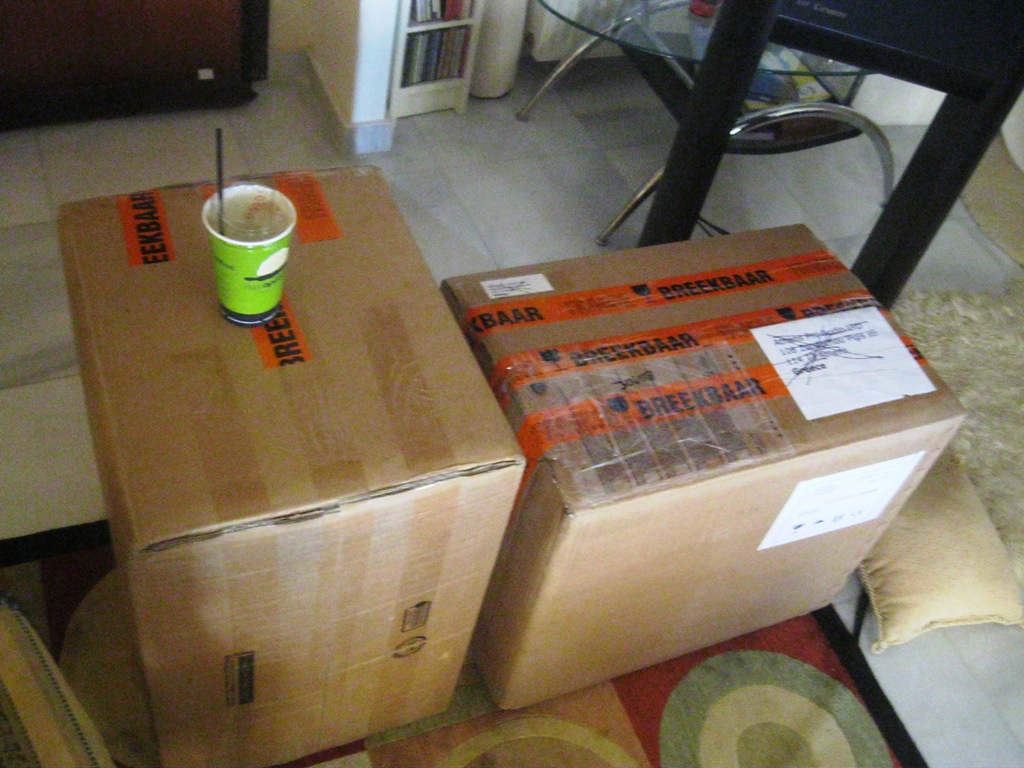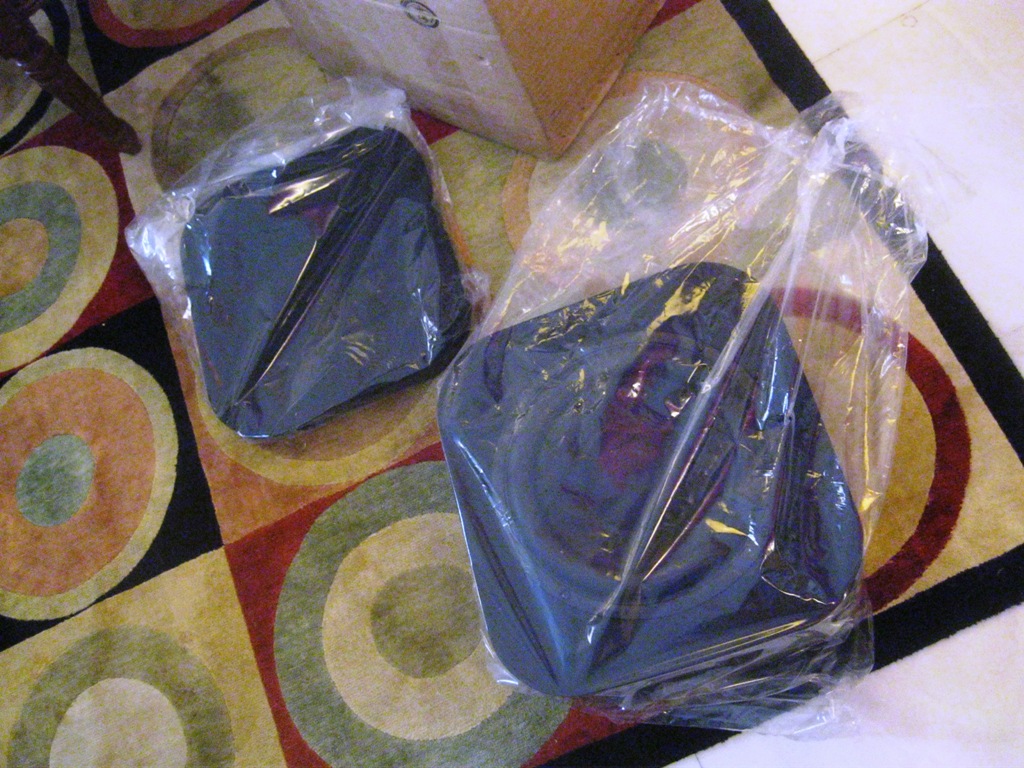ChrisHat
Επαγγελματίας
- Μηνύματα
- 740
- Reaction score
- 391
Αυτό δεν σημαίνει πως είναι πάντα έτσι, πολλές φορές ευτυχώς υπάρχει ακόμα λίγη ... μαγείαΝα θυμίσω μόνο κάτι που είχε αναφέρει ο ChrisHat σε άλλο δικτυοχώρο. Ότι το mastering είναι παροχή υπηρεσίας, τουτέστιν ο πλερώνων με ... άποψη (strong opinion το είχε πει) κάνει παρεμβάσεις και εν τέλει το τεμάχιο από πιστότητα κουλουβάχατα.
- Μάστορη θέμε να κάνεις το τεμάχιο λίγο ντέρτι.
(Ντέρτι όχι για μπουζούκια, βρώμικο, τύπου με ολίγη από ροκ μέταλλο).
Πάει τότε μια βόλτα μακρινή η ηχητική πιστότητα και δεν ξαναγυρνάει.

 Ναι καλά.
Ναι καλά.








